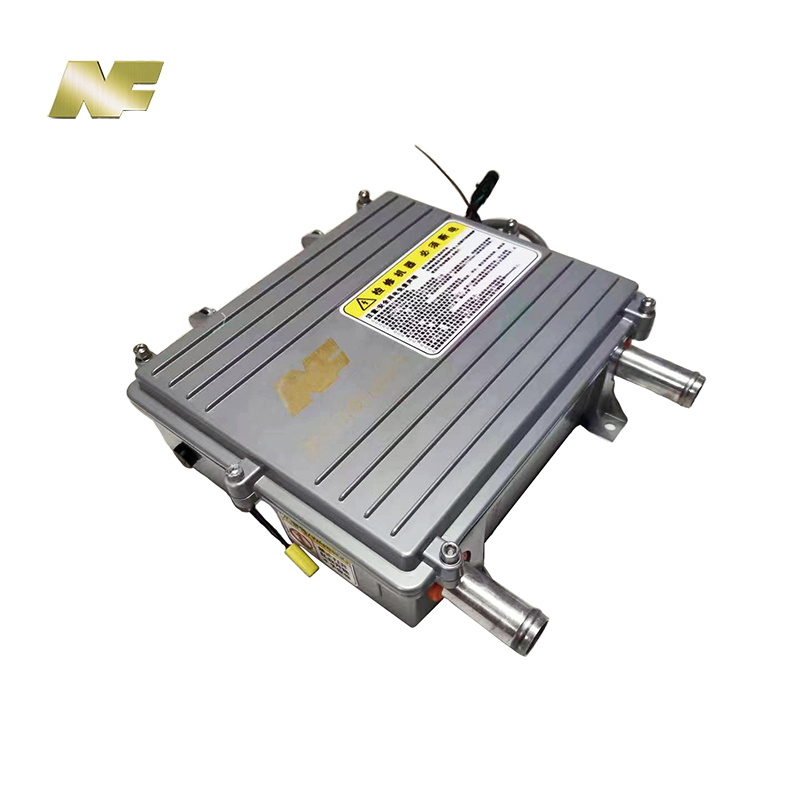With growing concerns about environmental issues and the need to reduce greenhouse gas emissions, the adoption of new energy electric vehicles has been greatly promoted. Powered by electricity rather than fossil fuels, the vehicles are popular for their environmental friendliness and potential to reduce air pollution. To further enhance their performance, electric vehicles are now equipped with electric heaters, which offer many benefits in terms of comfort and efficiency.
One of the main advantages of HVH heater in new energy electric vehicles is improved range and efficiency. Traditional heating systems in vehicles consume large amounts of battery energy, which significantly reduces the vehicle's driving range. In contrast, high voltage coolant heater designed for electric vehicles are highly efficient and consume less power. Reduced energy consumption allows electric vehicles to maximize their driving range, a key factor for many potential EV owners who are concerned about limited range compared to traditional cars.
Additionally, EV heater provide fast, precise heating to ensure occupant comfort in cold weather conditions. Electric vehicles equipped with electric heaters can provide warmth to the interior of the vehicle almost immediately, as the heater begins working as soon as the vehicle is turned on. This rapid warm-up time enhances the overall driving experience and eliminates the need to wait for the engine to warm up like in traditional gasoline-powered vehicles.
In addition, electric heaters can improve energy management and thermal control in the vehicle. These heaters are equipped with advanced technology that allows for precise temperature control, ensuring efficient use of energy only when needed. This technology, combined with the regenerative braking system of electric vehicles, can better save energy and reduce energy waste.
The use of electric heaters in electric vehicles also helps reduce carbon emissions. By using electricity to power the heating system rather than burning fuel, electric vehicles equipped with electric heaters emit significantly less greenhouse gases into the atmosphere. This reduction in emissions is consistent with global efforts to combat climate change and improve air quality in urban areas, where large numbers of vehicles operate.
Additionally, electric heater technology developed for electric vehicles is constantly evolving and improving. Researchers and manufacturers are working to create more efficient and compact heaters to achieve greater energy savings. These advances are expected to further enhance the performance and extend the driving range of new energy electric vehicles in the future.
Despite their many advantages, electric heaters in electric vehicles still face challenges. The main challenge is ensuring that the heater's energy consumption does not significantly impact the vehicle's overall range. Manufacturers are putting a lot of effort into developing more energy-efficient heating systems, but there is still a need to strike a balance between comfort and range.
To sum up, the application of electric heaters in new energy electric vehicles has completely changed the driving experience by improving cruising range, efficiency and comfort. These heaters provide fast heating, precise temperature control and help reduce carbon emissions. While challenges remain, ongoing research and development efforts offer hope for more efficient and environmentally friendly electric heaters in the future. As the world continues to shift toward sustainable transportation, electric heaters will play an important role in maximizing the potential of new energy electric vehicles.
Post time: Oct-27-2023







